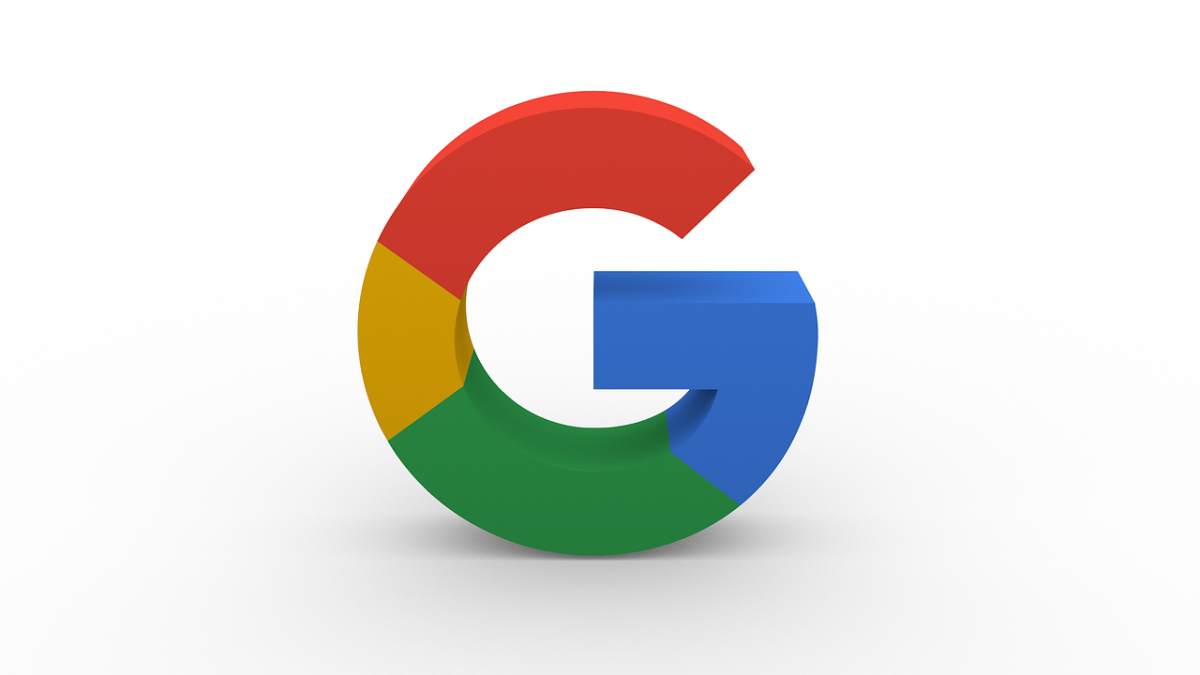
Google Bard is an artificial intelligence tool that Google recently announced will be unveiled before the end of the year. While details about its exact capabilities remain limited, it’s widely seen as a response to the monumental popularity of ChatGPT, created by OpenAI and released in November 2022, which is backed by Microsoft. OpenAI technology has also been incorporated (opens in new tab) into a new version of Microsoft’s search engine Bing, which began rolling out to users in early February 2023.
Like ChatGPT, Bard is not specifically designed for education but will almost certainly have wide implications for teachers and students. As a writer and educator, I see this as another sign – if one was necessary – that for better or worse, and probably a little bit of both, AI text and technology will be a part of teaching going forward.
Here’s what I’ve learned about Bard so far.
What is Google Bard?
Google Bard is an AI text generator or chatbot that will work with Google’s search engine and provide text-based answers to user questions. Though it was first announced (opens in new tab) in early February 2023, it will be powered by Google’s “Language Model for Dialogue Applications,” or (LaMDA) system, which Google announced in 2021. You might remember LaMDA making headlines (opens in new tab) in June 2022 when a Google engineer was placed on paid administrative leave after he came to believe that LaMDA was sentient. (These claims of ChatBot sentience have been widely refuted (opens in new tab) by the scientific community.)
Since Bard hasn’t been released yet, it’s unclear exactly what its capabilities will be or how it will measure up against ChatGPT. But Google has shared some examples of how Bard can be used. In one, Bard is used to list the pros and cons of buying an electric car. In another, the query is “What new discoveries from the James Webb Space Telescope can I tell my 9-year-old about?” Bard responds with a bullet-point list of the telescope’s accomplishments, though eagle-eyed observers have already spotted an error in one of the answers that many believe caused the price (opens in new tab) of Google’s stock to plummet.
Even from these short examples, it appears that Google Bard will have a significant impact on education. On the positive side, it could potentially make basic research easier for all students. However, as with ChatGPT, students will also be tempted to use it to cheat.
When Will Bard Be Released?
A recent Google blog post (opens in new tab) about Bard said Google was sharing the technology with “trusted testers ahead of making it more widely available to the public in the coming weeks.”
Getting the technology out and into the world does seem to be a priority for the tech giant, according to media reports (opens in new tab), as the company allegedly has asked engineers working on AI to focus on a response to ChatGPT.
How Will Bard Differ From ChatGPT?
That remains to be seen. On the surface at least, my impression is that Bard seems more thoroughly linked to helping with search while that has been only one of the ways in which ChatGPT has been used so far. Presumably, Google Bard will have more knowledge of recent events. Up to this point, ChatGPT has not had access to events occurring later than 2021.
Much like ChatGPT, Bard’s responses will likely not be perfect and require fact-checking. As mentioned earlier, in a promotional video for the technology, Bard replied to the question about James Webb Space Telescope, incorrectly implying (opens in new tab) that it was the first device to take pictures of planets outside the Earth’s solar system. These kinds of errors by AI chatbots make it clear to me why a human hand is still necessary and so is skilled fact-checking. At least for the foreseeable future. Google’s post about Bard did note: “Today, the scale of the largest AI computations is doubling every six months, far outpacing Moore’s Law.”
What Should Educators Make of Bard and ChatGPT?
I’ve thought about this question a lot and interviewed educators (opens in new tab) about it.
My No. 1 takeaway is that AI technology is no reason to panic. It is likely going to change education to a certain extent the same way the internet, social media, and smartphones have, but as with those other tech tools, it is not going to fundamentally alter what educators do and have done for thousands of years. Certainly, ethical questions will need to be discussed and adjustments to class assignments will need to be made, however, there will also be tremendous opportunities to use these technologies for inclusive teaching.
On a more personal note, I’m excited about the way this technology seems to finally be catching up with the science-fiction books I read as a child. And if I’m being completely honest, I’m really hopeful that Bard will be able to help me find more taco places close to my house.
- SEO Powered Content & PR Distribution. Get Amplified Today.
- Platoblockchain. Web3 Metaverse Intelligence. Knowledge Amplified. Access Here.
- Source: https://www.techlearning.com/news/what-is-google-bard-the-chatgpt-competitor-explained-for-educators



